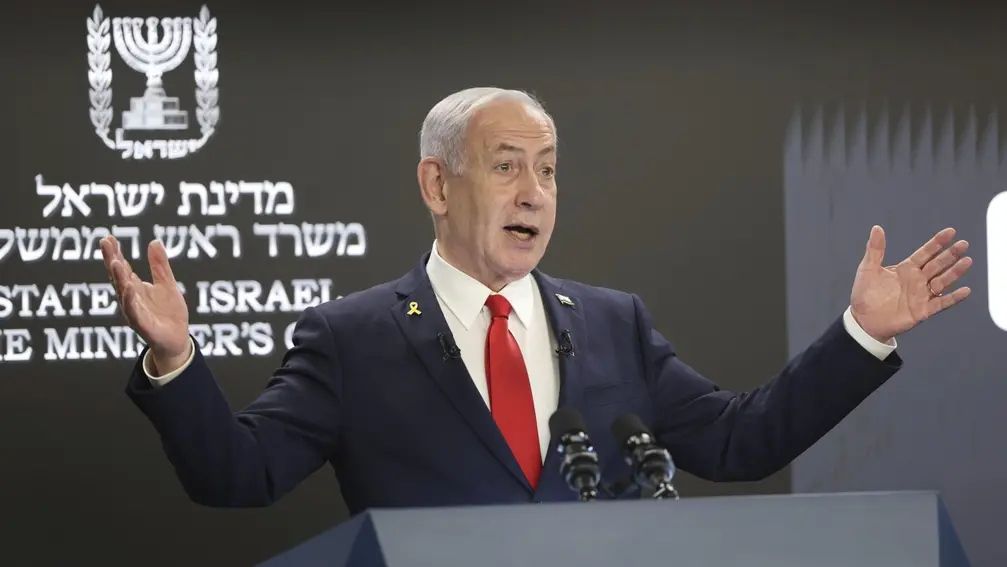T4K3.news
Journalists face deadly danger in Gaza
A Gaza war casualty underscores risks for reporters and the limits on international access.
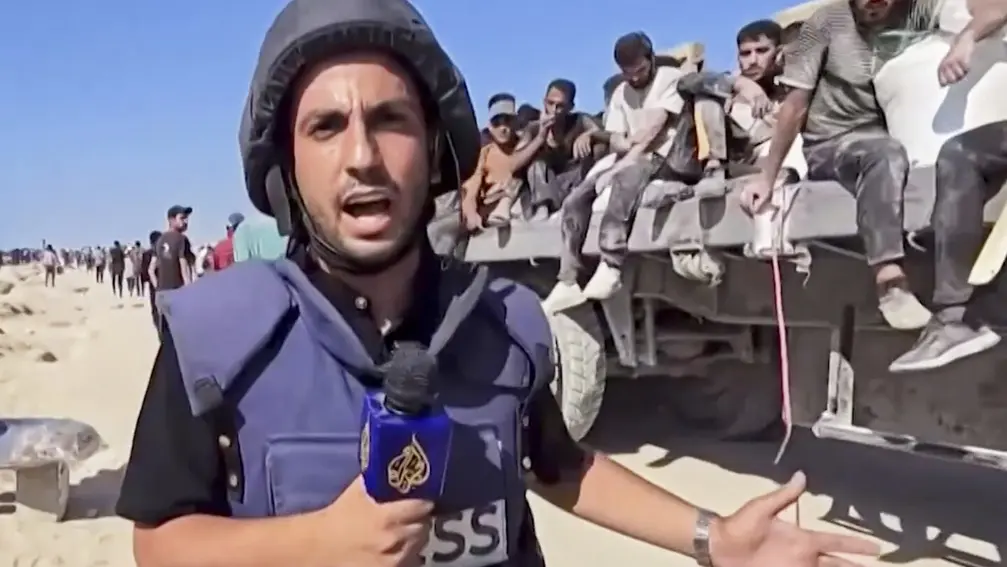
The killing of an Al Jazeera correspondent in Gaza highlights the risks journalists face in a war with restricted access and mounting dangers for reporters on the ground.
Journalists face deadly danger as Gaza war claims Al Jazeera reporter
The weekend killing of Anas al Sharif, an Al Jazeera correspondent, near Gaza City’s hospital complex marks another brutal moment in the Gaza war. Israel said al Sharif led a Hamas cell, a claim denied by Al Jazeera and the journalist’s colleagues. The Committee to Protect Journalists counts 184 Palestinian journalists and media workers killed in Gaza since October 2023, far outpacing deaths in the Russia-Ukraine conflict. International media access has been tightly limited, leaving coverage largely to Gaza residents and local outlets that face risk and scrutiny.
Despite access hurdles, outlets such as AFP, AP, BBC News and Reuters continue reporting from Gaza, often relying on on-the-ground sources. Veteran war correspondent Jane Ferguson notes the extraordinary difficulty of covering Gaza and says the field has never felt more perilous for reporters. Al Jazeera’s own leadership emphasizes the imperative to keep reporting and calls on other organizations to bolster coverage by recruiting more journalists. The piece also documents the human cost, including hunger and pressure on reporters who must feed their families while chasing stories. Abubaker Abed, a 22-year-old journalist described the tradeoff between staying to cover events and leaving to pursue education abroad, saying, If I stayed, I would die.
Key Takeaways
"They’re essentially admitting in public to what amounts to a war crime"
Jodie Ginsberg of the Committee to Protect Journalists on accountability
"You simply are in awe when stories show up"
Jane Ferguson reflects on the difficulty of reporting from Gaza
"Body parts and blood were all around us"
Anas al Sharif describing the scene after a strike
"If I stayed, I would die"
Abubaker Abed on leaving Gaza to pursue education
The episode illustrates how access limits shape what the world learns about a conflict. When international reporters are kept outside, the burden falls on local voices and a handful of trusted outlets, risking gaps in independent verification. The toll on press freedom is rising, which weakens accountability in real time.
There is a broader tension at play: the push to document horrors on the ground collides with safety concerns and political pressure from those who control information. The result is a journalism landscape where courage meets constraint, and where the public risks receiving a partial or delayed view of events. This moment also tests the willingness of newsrooms and funders to invest in frontline reporting when costs are so high and danger so real.
Highlights
- Truth travels through danger, not around it
- If access is blocked, accountability fades
- Journalists keep the world honest when others won't
- Reporting from the front lines costs more than a paycheck
Political and safety risks in Gaza reporting
The article centers on a journalist killing and ongoing reporting restrictions that heighten political sensitivity and safety concerns. The topic involves potential backlash and international response, raising questions about accountability and press freedom.
Truth travels through frontline reporting even when the path is blocked
Enjoyed this? Let your friends know!
Related News
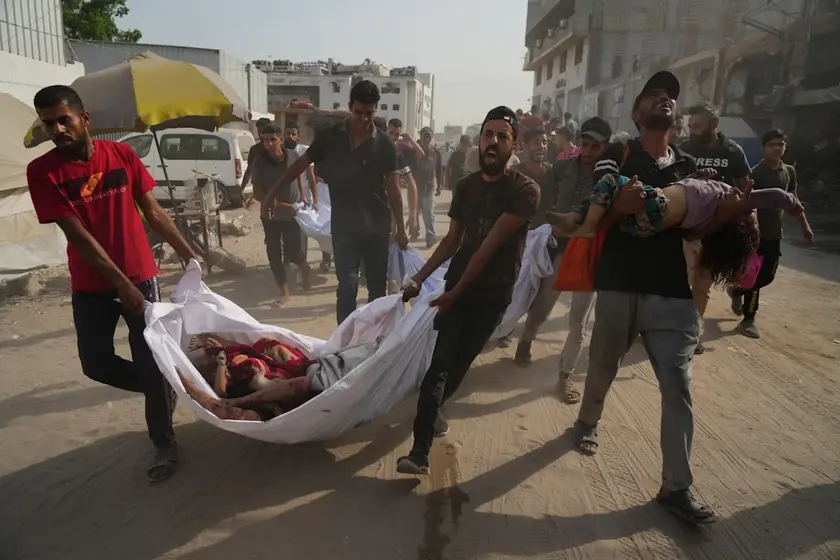
Gaza toll climbs as journalists die and states shift
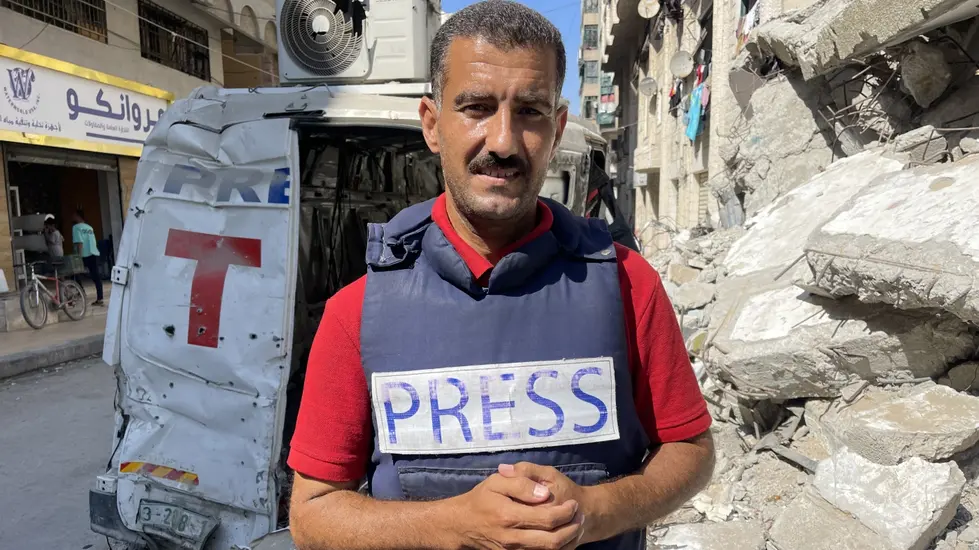
AFP calls for evacuation of journalists from Gaza
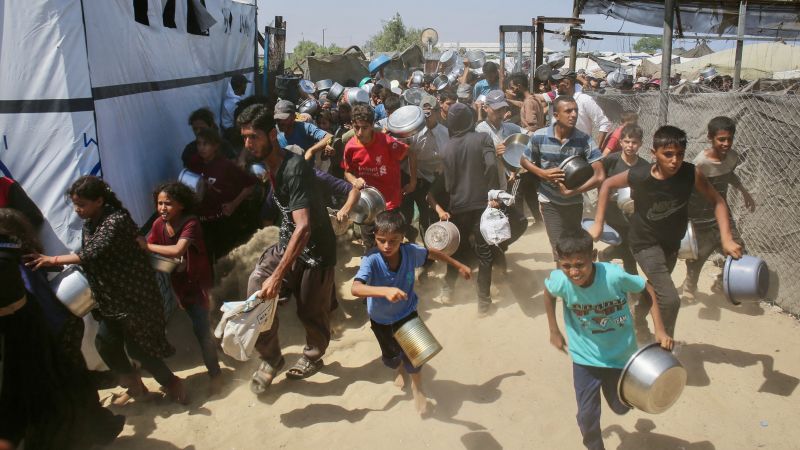
Humanitarian workers and journalists face starvation in Gaza
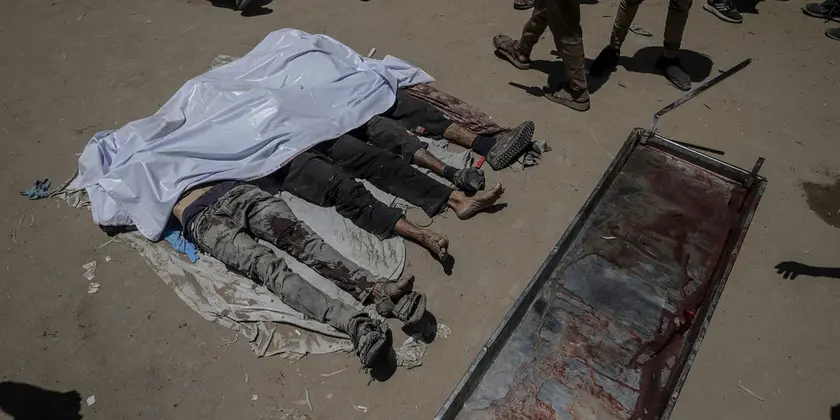
Starvation Crisis Hits Gaza Amid Ongoing Conflict
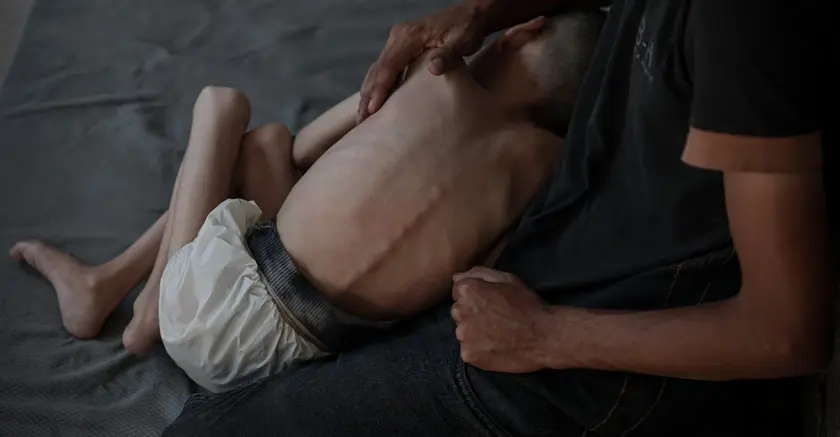
Hunger Crisis Deepens in Gaza
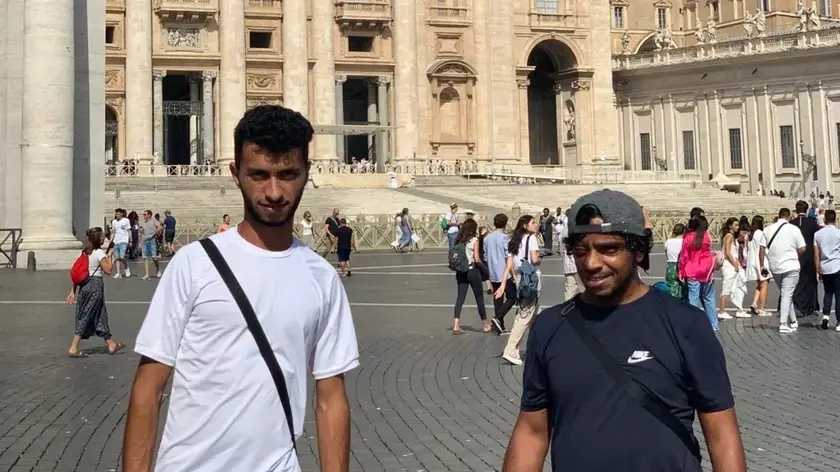
Israeli settler kills Palestinian activist Awdah Hathaleen
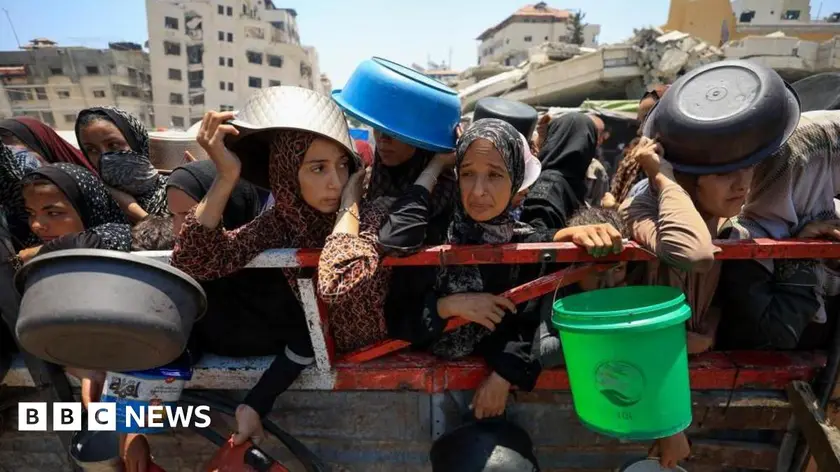
Evidence of war crimes in Gaza raises alarms
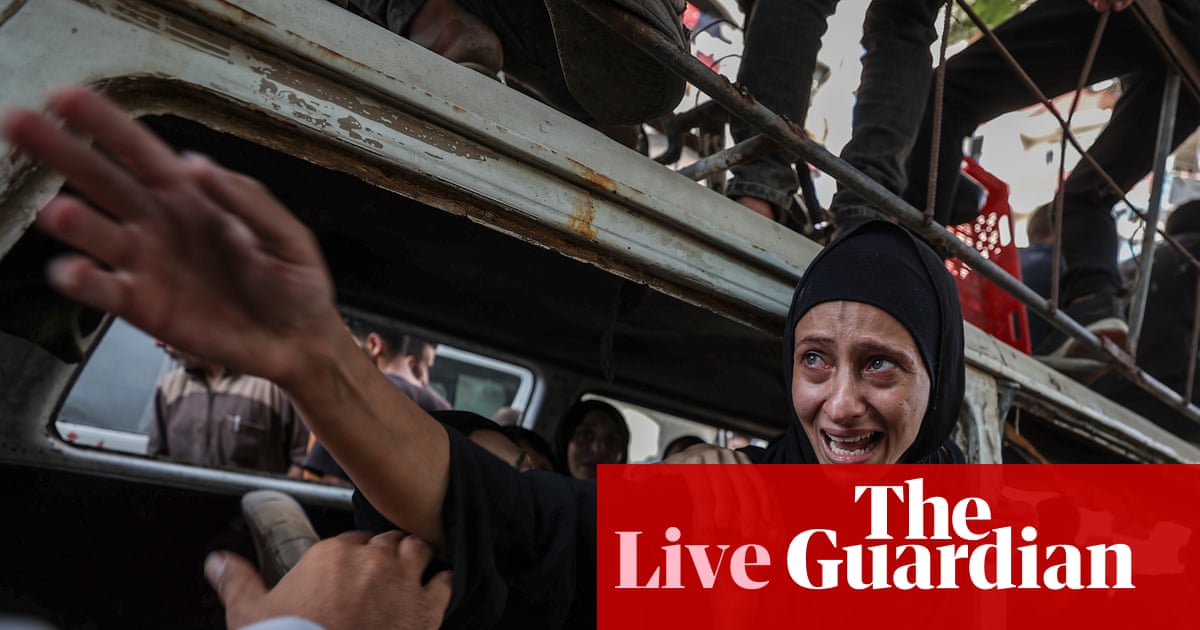
UN warns of dire hunger crisis in Gaza
